Sony Cyber-shot RX100 VIII: everything we know and what we want to see
Will the Sony RX100 VIII finally arrive in 2024?
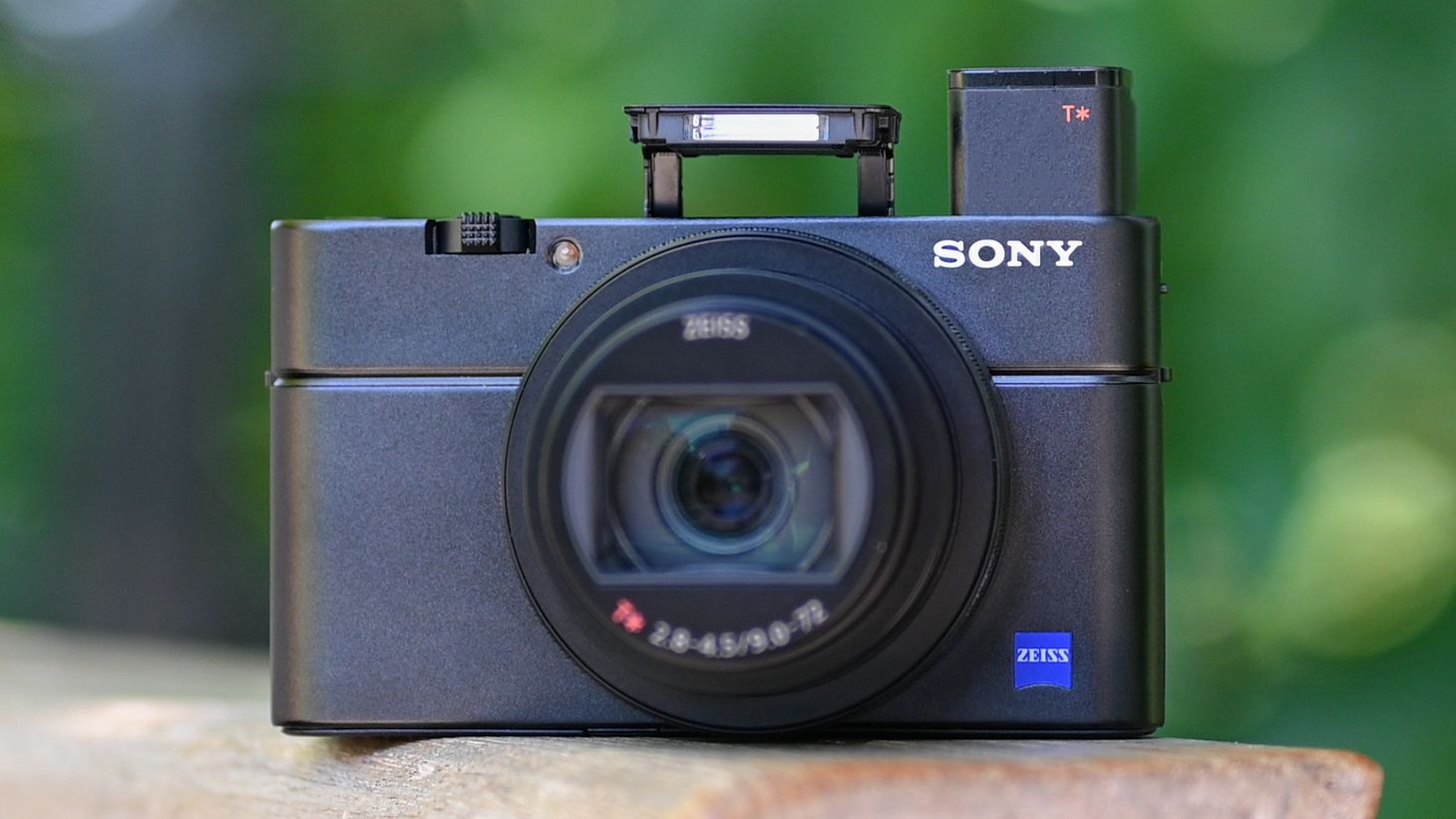
Sign up for breaking news, reviews, opinion, top tech deals, and more.
You are now subscribed
Your newsletter sign-up was successful
It’s been almost five years since the launch of the RX100 VII, an imperfect yet excellent addition to Sony’s line of premium compacts. With a pocket-friendly build, impressive image quality and superlative autofocus, it’s a model we still rate as one of the best compact cameras. But as its fifth birthday approaches, we’re not the only ones asking: will we ever see a Sony Cyber-shot RX100 VIII?
The truth is that we don’t know right now. Talk about a successor to the Sony Cyber-shot RX100 VII has been swirling since a few months after that camera launched in the summer of 2019. Yet there’s been no indication from Sony that it’s working on a follow-up. Even more tellingly, we’ve seen very few of the online rumors and leaks which usually point towards a new model in the works.
That said, chatter about the Sony Cyber-shot RX100 VIII has picked up just a little bit in the last few months. Granted, we’ve heard nothing concrete to suggest this is anything more than hopeful speculation. But if you’re awaiting news of Sony’s next high-end compact, you’ll find all the credible rumors below, as well as our educated opinion on if – and when – it might be released, and a wish list of what we most want to see from the RX100 VIII.
Cut to the chase
- What is it? Sony’s next premium compact camera
- When is it out? Maybe by the end of 2024
- How much will it cost? We estimate $1,400 / £1,100 / AU$1,600
Sony RX100 VIII: Expected release date & price
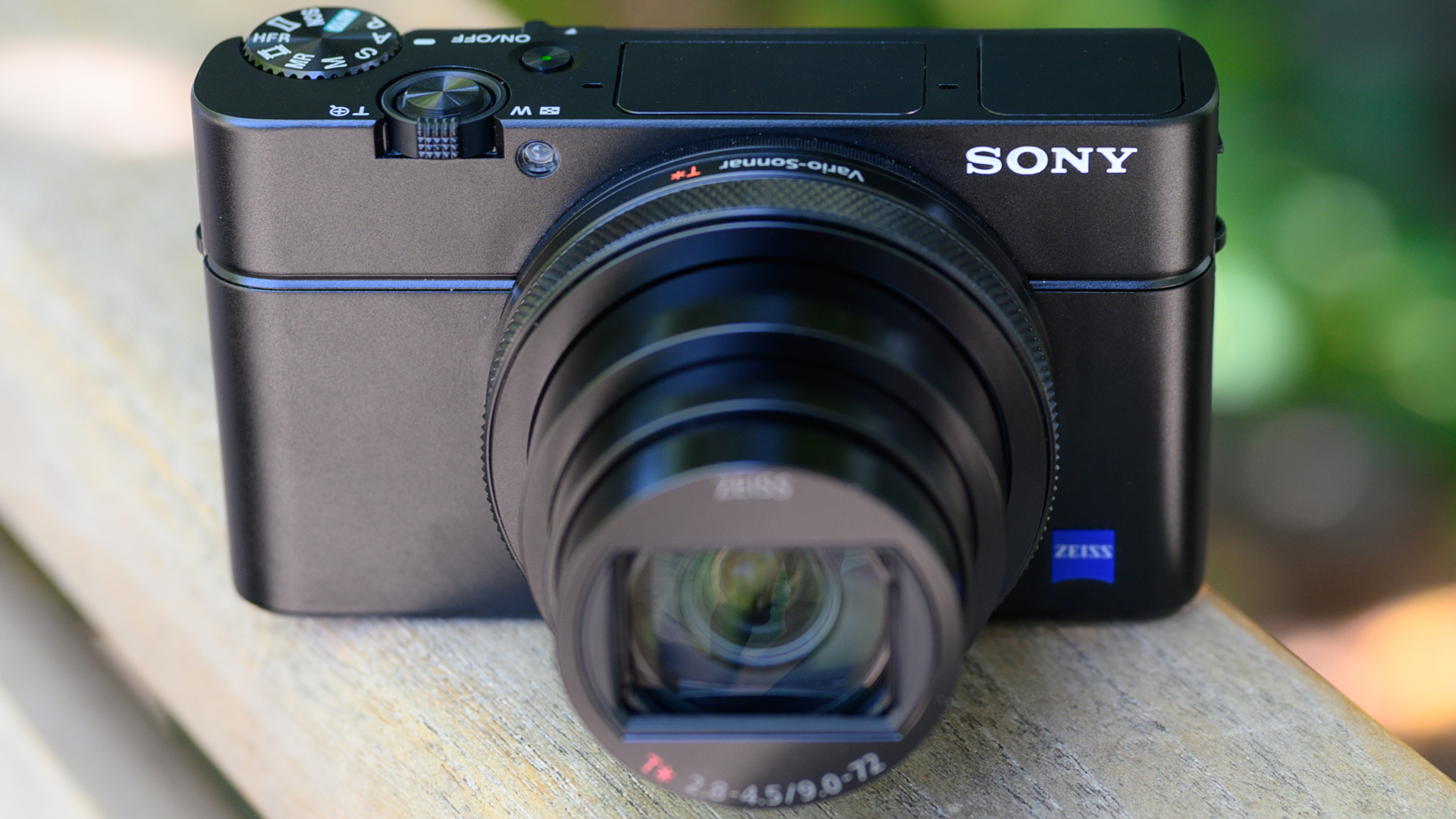
Based on previous release timelines, a betting person would assume that Sony has unofficially retired the RX100: from 2012 to 2019, Sony launched a new model almost every year (usually in June or July). Given that it’s 2024 and we don’t yet have an eighth edition, that trend has clearly ended – which gives us very little to go on.
Sony announced the RX100 VII in July 2019, with stock available the following month. Given that it’s already July and we’ve heard nothing firm about the RX100 VIII, it’s pretty much a given that we won’t see a summer release. The only rumor we’ve really seen suggests that the RX100 VIII will arrive by the end of 2024 – a wide-open prediction that we’re taking with a pinch of salt.
As for pricing, we wouldn’t expect the RX100 VIII to come cheap. Sony’s RX100 cameras have always been high-end models, and the RX100 VII landed in 2019 with a price of $1,198 / £1,200 / around AU$1,725 – making it the most expensive RX100 iteration to date. Since then, camera prices have increased across the board, with the RX100 VII now retailing at $1,299 / £1,049 / AU$1,569.
We wouldn’t expect the Sony RX100 VIII to retail for any less than the VII’s current price. If anything, we could see the price could climb higher still, if Sony is tempted to ride the wave of compact camera popularity currently being fueled by TikTok. Our best estimate would be a launch price of $1,400 / £1,100 / AU$1,600.
Sign up for breaking news, reviews, opinion, top tech deals, and more.
Sony RX100 VIII: News & leaks
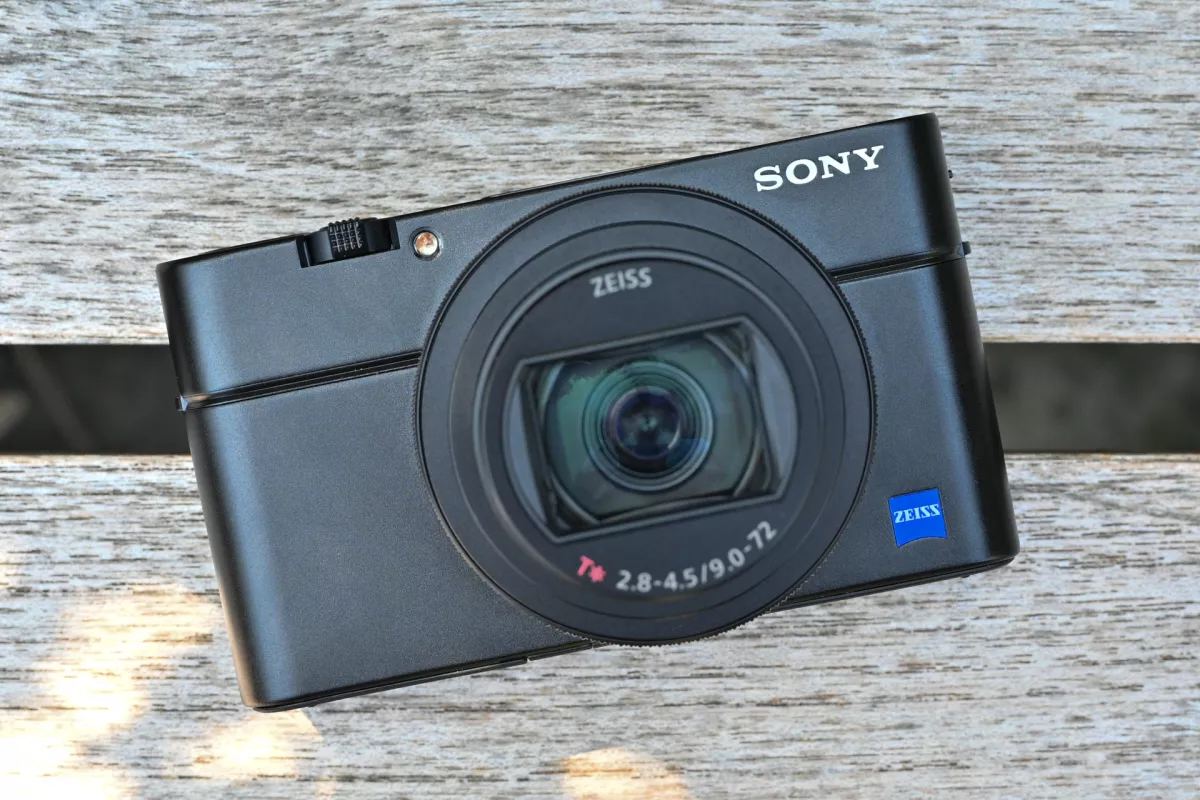
As thing stand, we know precious little about the Sony Cyber-shot RX100 VIII. While it regularly crops up in hopeful conversations on camera forums, there has been no confirmation – officially or otherwise – of the model’s existence.
The only hint that the RX100 VIII could in fact be heading our way comes from Sony Alpha Rumors. In June, the website shared a very tentative rumor from “an anonymous tipster” that the RX100 VIII could launch before the end of the 2024. Little else is given by way of evidence, which is why we remain cautious in our predictions.
That same post echoes a number of discussions we've seen elsewhere, exploring why, despite the absence of any hard proof that it’s in development, it wouldn’t be a complete surprise to see the RX100 VII’s successor arrive this year.
Chief among these is the huge demand for compact cameras among Gen Z photographers. Fuelled by 2000s nostalgia on platforms such as TikTok, this market boom has led to huge price hikes for digital cameras now considered ‘vintage’. It’s a similar phenomenon to the one that saw the Fujifilm X100V go viral and its successor – the Fujifilm X100VI – sell out everywhere.
Given this appetite, it’s perhaps unsurprising that Sony might take the opportunity to launch an upgraded version of one of its most popular compact cameras. And its premium positioning might not be an issue: a high price tag certainly did little to discourage Gen Z shoppers from snapping up the Fujifilm X100VI.
Sony RX100 VIII: What we want to see
While we don’t yet know much about the Sony Cyber-shot RX100 VIII, we do know what we want from it – including the following features.
1. USB-C connectivity
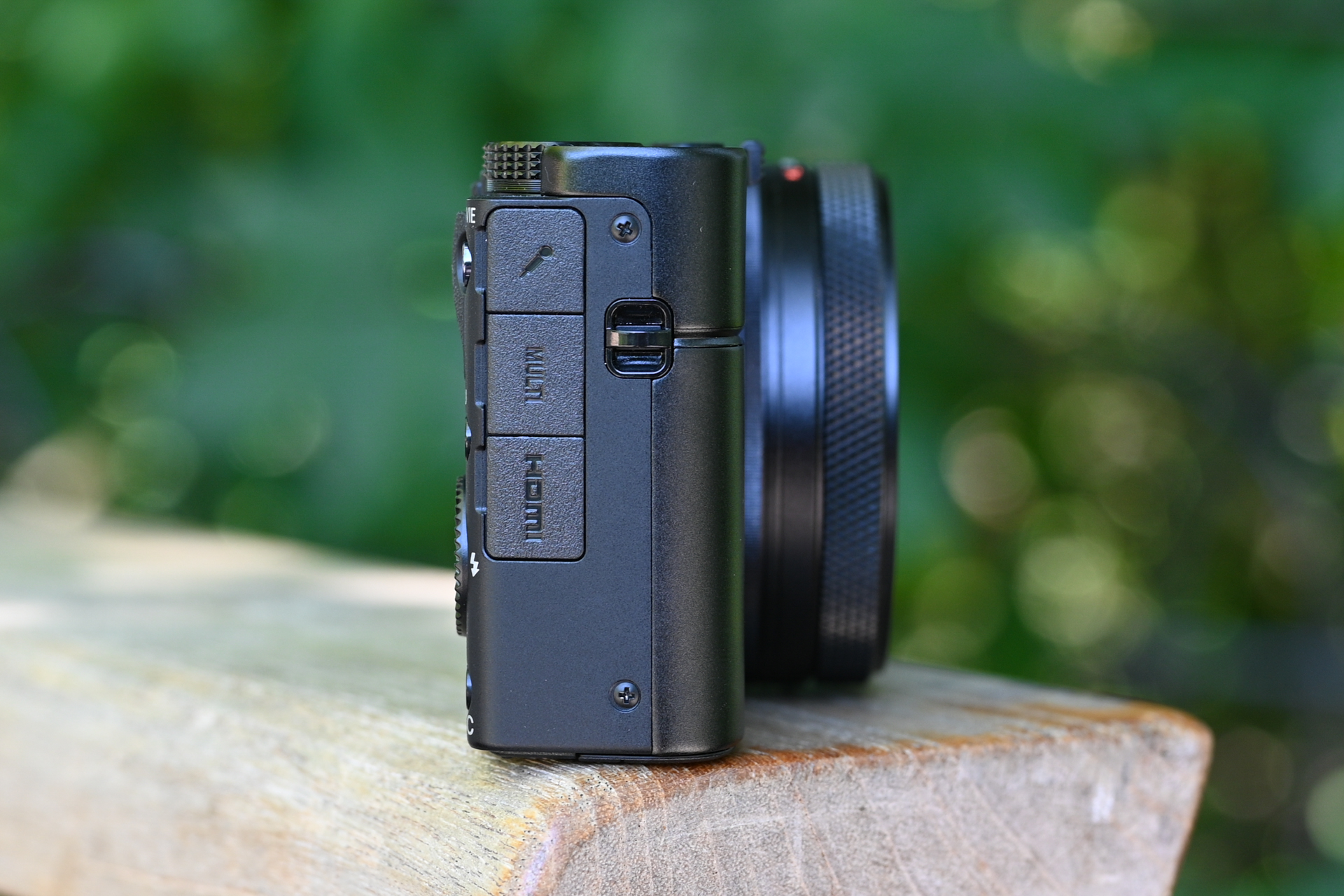
It’s rare to encounter a camera in 2024 without USB-C connectivity. Yet the Sony RX100 VII, as a veteran of 2019, still ships with a microUSB port for charging.
We would absolutely expect this to change with the RX100 VIII, for two reasons. First, USB-C is now the norm on all devices, from cameras to smartphones, and it would be strange for any new model to have a microUSB port.
Second, the introduction of the EU’s new USB-C laws. These mandate that all smartphones, tablets and cameras sold from 28 December 2024 onwards must have a USB-C port. As a result, Sony won’t be able to sell the RX100 VII after this date. As some commenters have mentioned, this may well be a key factor in Sony’s decision to launch the RX100 VIII: it’s the only way to continue selling one of its most popular compact camera lines.
2. A hotshoe mount

The Sony Cyber-shot RX100 VII had 3.5mm microphone connectivity but no hotshoe mount. This meant that vloggers had to find workarounds to attach external audio to the camera, such as using the tripod screw underneath.
In a world where video content is king, a hotshoe is something of a must for the RX100 VIII. That’s especially true as it’s a feature found on the Sony ZV-1. While that camera is a compact targeted specifically at vloggers, it’s also a lot cheaper than the RX100 VII.
Unless Sony takes the RX100 VIII in a radically different direction – such as marketing it as a stills-focused compact – it will need a hotshoe mount at the very least to compete for the attention of content creators.
3. A full touchscreen interface

While we gave the Sony RX100 VII high marks in our review, one drawback we highlighted was the lack of a full touch interface. We found the touchscreen responsive, but it couldn’t be used on settings menus.
This is the kind of limitation that was lifted by the Sony ZV-1 II, and it’s something that a new RX100 will need to mirror, especially if it retains the premium price tag of previous models.
We wouldn’t expect to see the screen size increase beyond three inches, though, as the tidy dimensions are such a selling point of the RX100 line.
4. An electronic viewfinder

The pop-up electronic viewfinder was a welcome presence on the RX100 VII, and its absence from the ZV-1 showed that the newer vlogging camera wasn’t a true successor to Sony’s premium compact.
In an era where viewfinders are seen as ‘retro’ among screen-based devices, we’d hope to see Sony retain the EVF for the RX100 VIII.
While it’s probably unrealistic to expect something as remarkable as the hybrid optical-electronic viewfinder used by the Fujifilm X100VI, it would be nice to see a slightly larger viewfinder on the RX100 VIII, compared to the 0.39-inch number on its predecessor – although size constraints could be a limiting factor.
5. A 24-300mm equivalent zoom lens
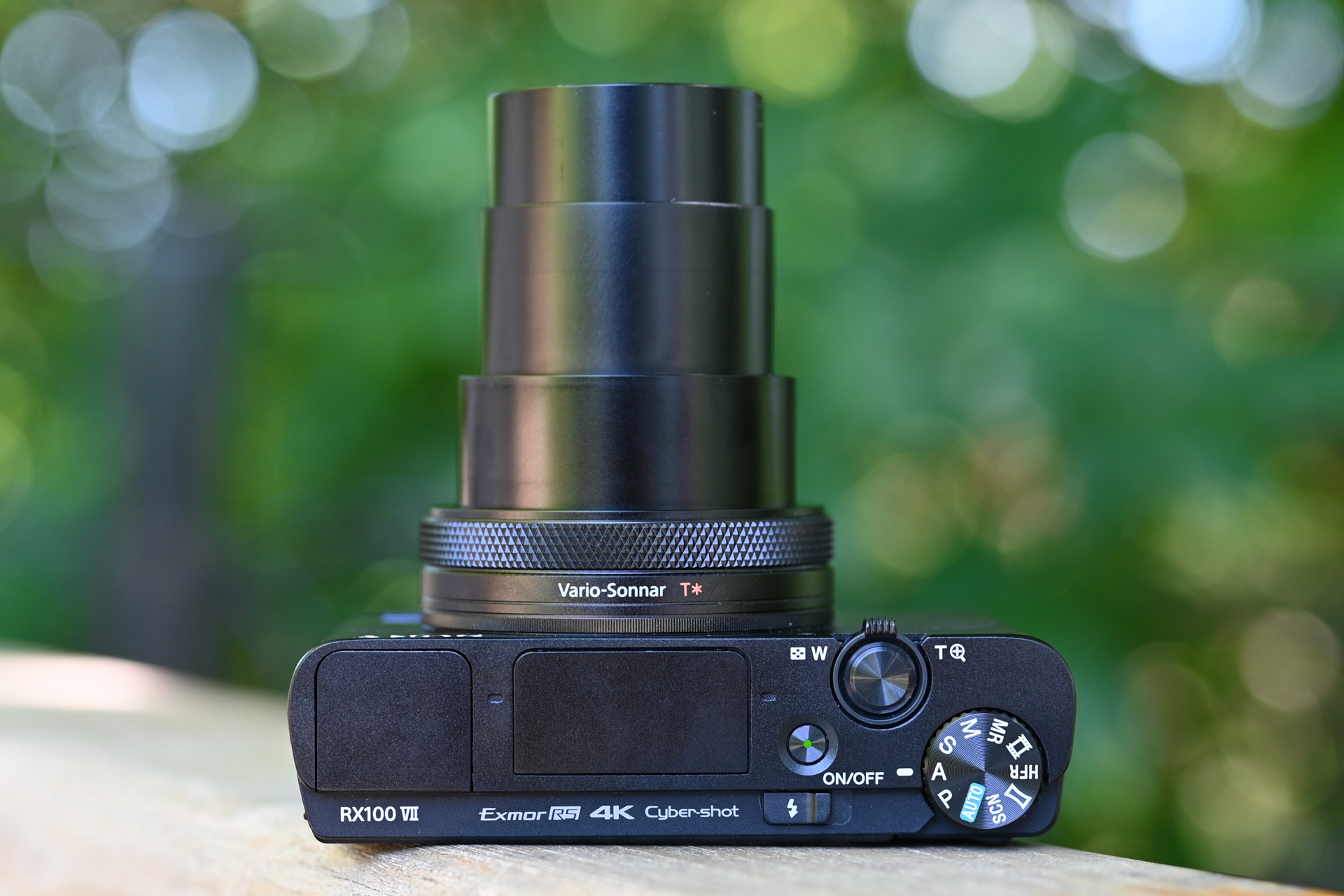
At a time when the best camera phones are more capable than ever – and the Fujifilm X100VI has cornered the fixed-focus market – optical zoom range is one area in which the Sony RX100 VIII could stand out.
At 24-200mm equivalent, the RX100 VII already offered a pretty generous 8x zoom. Extending the telephoto end to somewhere north of 300mm would set the RX100 VIII apart as a travel camera, giving it more than 12x optical zoom.
Assuming Sony sticks with the 1-inch sensor format that’s always been used by RX100 cameras, as well as the f/2.8 maximum aperture of the RX100 VII, this would give it a significant versatility advantage over most smartphones. Sony would need to address the corner softness we encountered in our review, though.
You might also like

For more than a decade, Chris has been finding and featuring the best kit you can carry. When he's not writing about his favourite things for Stuff, you'll find Chris field-testing the latest gear for TechRadar. From cameras to classic cars, he appreciates anything that gets better with age.